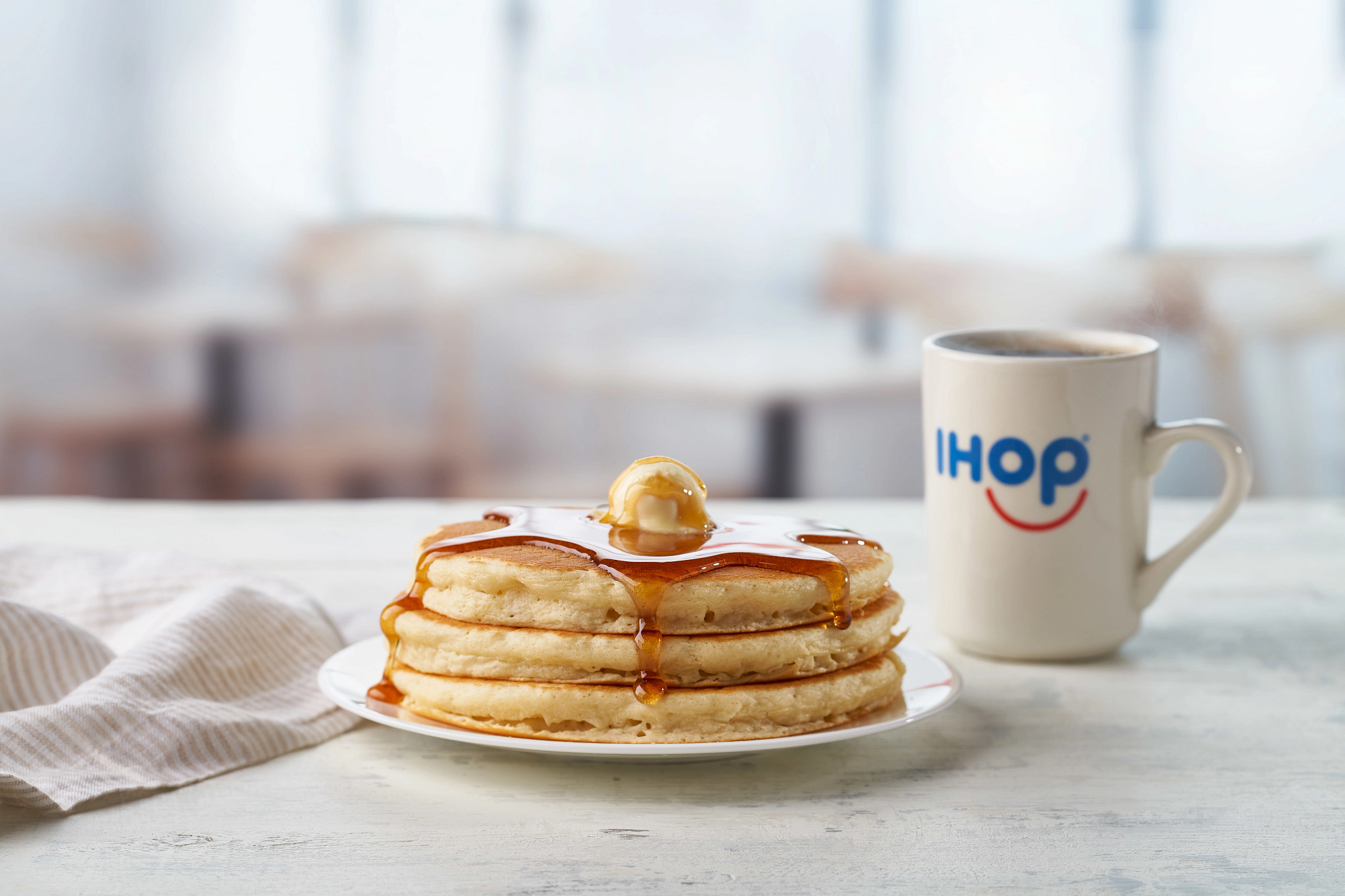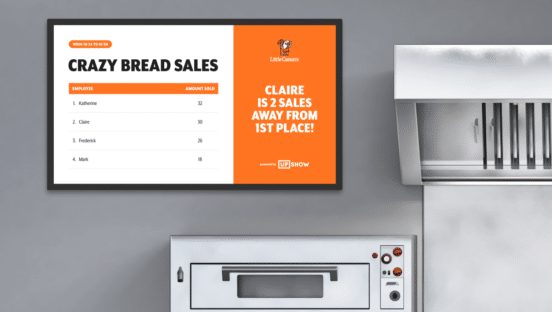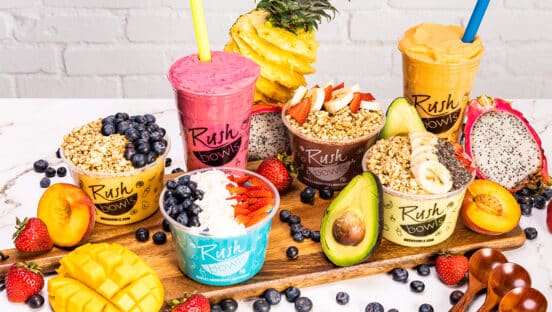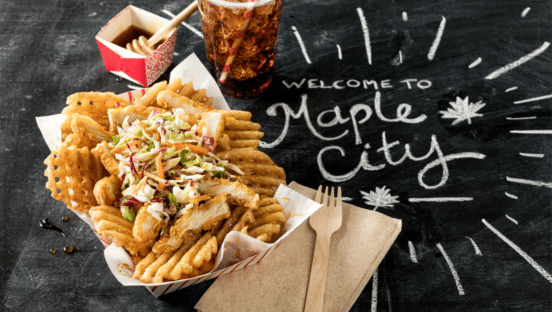Sponsored by Dr. Praeger’s.
In recent years, dietary choices that were once considered alternative have become mainstream. According to a 2018 report from Datassential, 22 percent of consumers are embracing so-called flexitarian diets, significantly reducing meat and poultry intake and opting instead for plant-based proteins and meat alternatives
“Today’s consumers want food that’s not just plant-based, but as close to nature as possible,” says Lisa Jarrell, vice president of foodservice for Dr. Praeger’s Sensible Foods. “They want minimal processing, no artificial flavors, colors, or preservatives, and simple ingredients lists.”
Many successful quick-service brands are responding to this heightened demand for clean label foods by crafting flavorful plant-forward dishes that hold up against more traditional offerings, incorporating a variety of options that may have been previously scarce on menus.
“Eating clean often goes hand-in-hand with the adoption of a plant-based lifestyle, and it isn’t limited to packaged goods,” Jarrell says. “This trend is quickly extending to fast-casual and quick-service dining, where customers are looking for recognizable ingredients they know and trust.”
For example, Jarrell says that meatless burgers are some of the most sought-after plant-protein products. Consumers are looking for meatless menu options that taste good and feature real ingredients—such as whole vegetables—and have the added benefit of plant-based nutrition.
In addition to meeting increasing consumer demand, offering plant-based foods on menus is a good way for restaurants to increase profitability. According to a trendspotting report from Datassential, 52 percent of Gen Z and millennials, and 41 percent of self-identified Boomer and Gen X “foodies,” say they are willing to pay a price premium for menu options that feature plant-forward foods. The same research found that 49 percent of all consumers are willing to pay more for menu offerings that feature the descriptor “fresh.”
“Meatless proteins will continue to be a major industry trend moving forward,” Jarrell says. “To attract clean-eating customers, operators can now top a salad with chickenless chicken, make a gyro with veggie meatballs, or add a plant-based burger to the menu—an endless array of options are just a substitution away.”
According to Datassential, a growing number of consumers—and 44 percent of Gen Z—report that they enjoy the taste of plant-based foods. Quick-service guests are now less skeptical of vegetables in general and are actually seeking out plant-based foods as a flavorful option.
And while many veggie burgers on the market are highly processed and contain artificial ingredients, Dr. Praeger’s, which provides a variety of plant-based products made with clean ingredients, recently developed the Perfect Burger, a meatless patty which is also vegan, soy-free, and made from four different vegetables but looks and cooks like a traditional burger.
This kind of product appeals to an increasing number of diners, because it features only clean ingredients that they can recognize and provides a tasty alternative to meat-based protein patties.
“Clean veggie proteins help make menu planning easier,” Jarrell says. “By adding just a couple of versatile products to the kitchen, restaurants of all sizes can provide diners with plant-based options.”
By Erin McPherson













